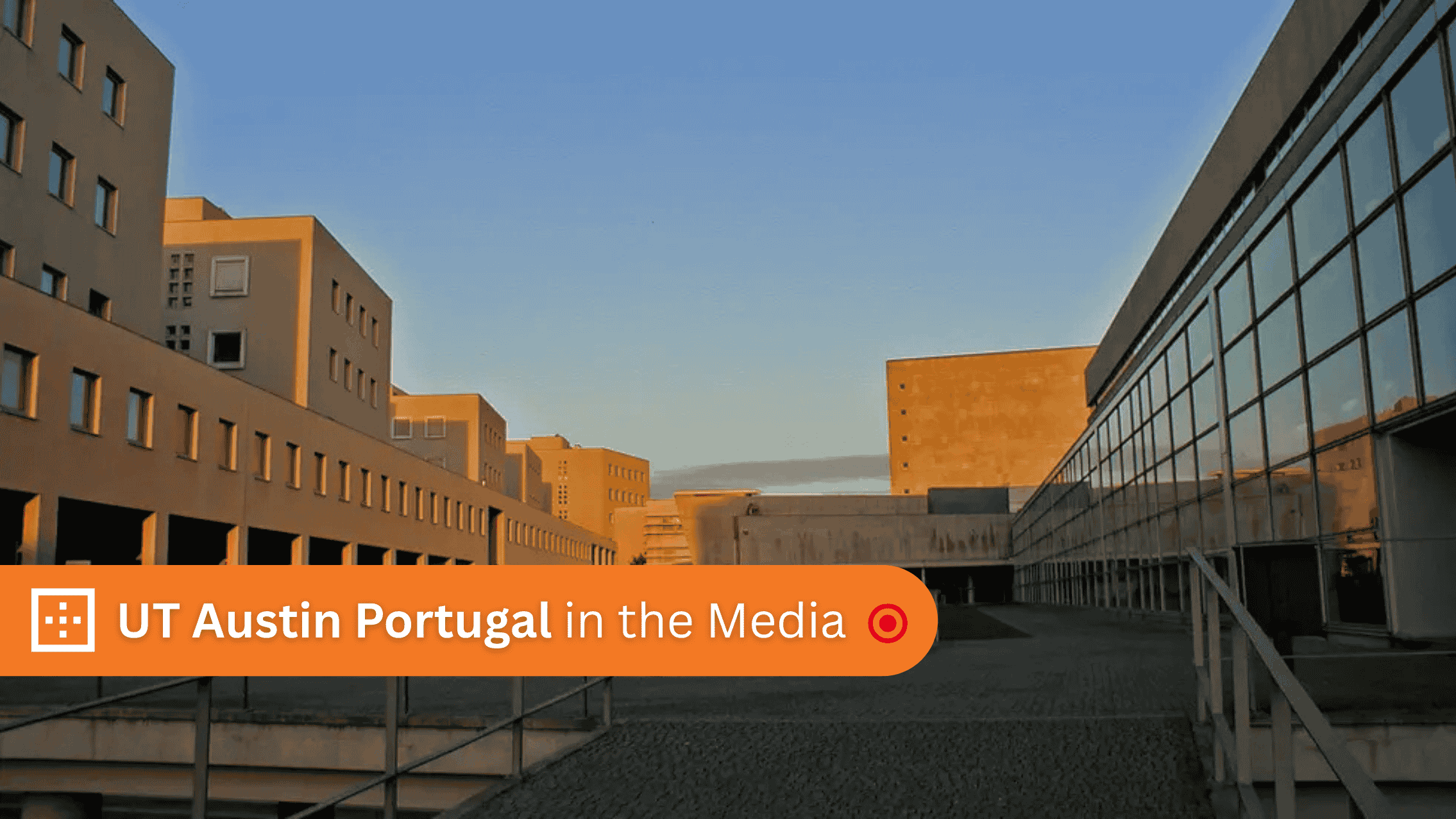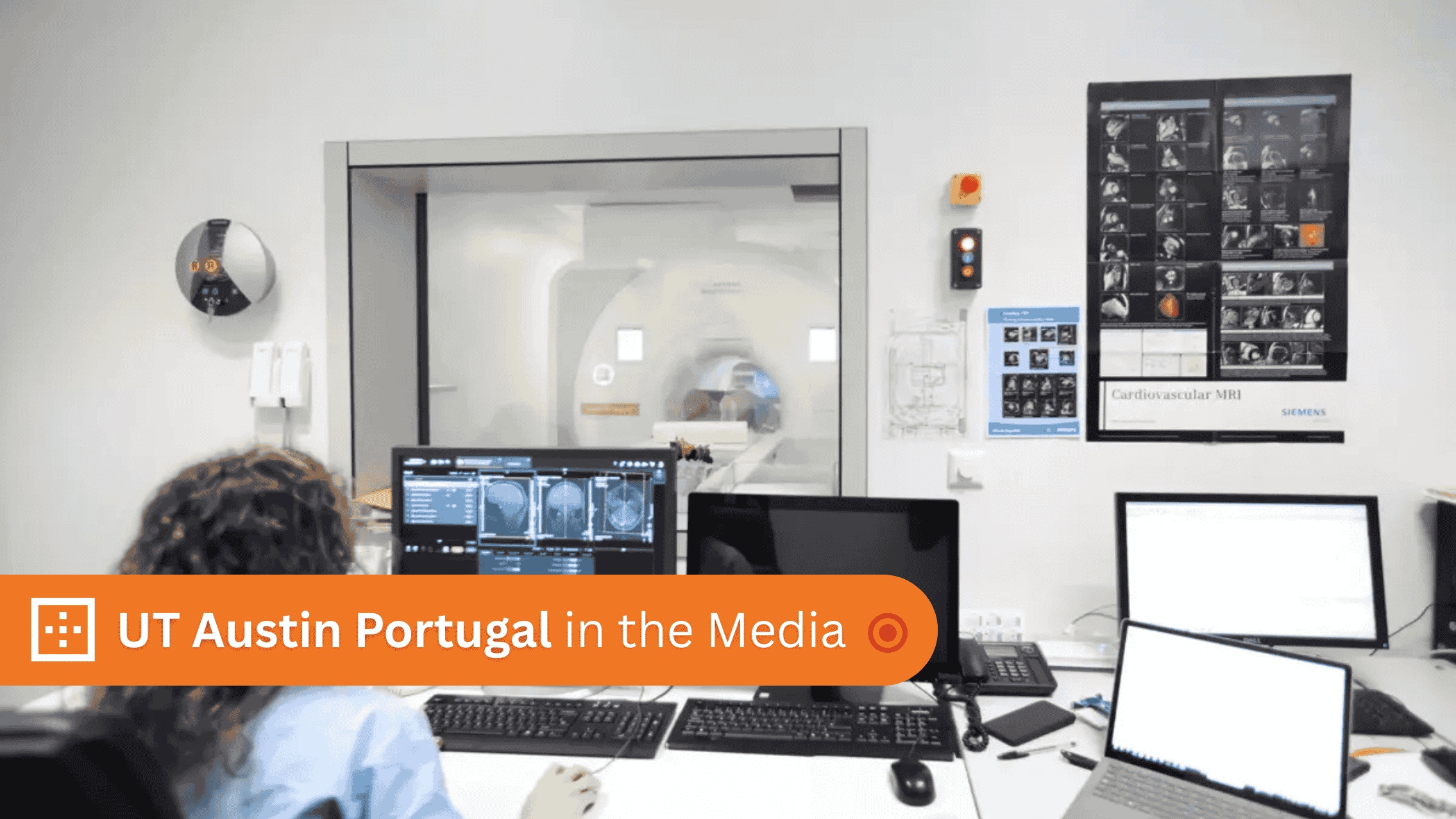Program Areas (Phase 4 | 2025 – 2030)
In 2025, the Program entered a new phase, set to run through 2030. With greater ambition, UT Austin Portugal braces for a new set of challenges that will benefit from the unique scientific and technological collaboration between Portugal and Texas through the University of Texas at Austin.
FCT’s long-standing partnership embarks on a new six-year funding cycle, aiming to strengthen Portugal’s position in the European landscape by:
- Developing sustainable energy systems and advancing hydrogen technologies (Clean Energy).
- Scaling tools for greener computing and AI (Advanced Computing).
- Advancing critical materials discovery (Nanotechnologies).
- Harnessing space technologies for Earth applications (Space-Earth Technologies).
To ensure that these scientific areas lead to innovation and business opportunities benefiting the transatlantic partnership, the Program relies on a series of activities from prototyping to customer discovery and soft landing.
NewsView All
Transatlantic Science for Health: UT Austin Portugal Research Featured in ACS Nano
A collaborative study between the Faculty of Engineering of the University of Porto (FEUP) and The University of Texas at Austin, carried out under the UT Austin Portugal Program, has been featured in ACS Nano, one of the world’s leading scientific journals.
The research demonstrates a new photothermal therapy technique that combines nanomaterials and LED technology to destroy cancer cells while preserving healthy ones.
This work exemplifies the Program’s mission to foster cutting-edge, transatlantic research with real-world impact, bridging science, engineering, and human health.











